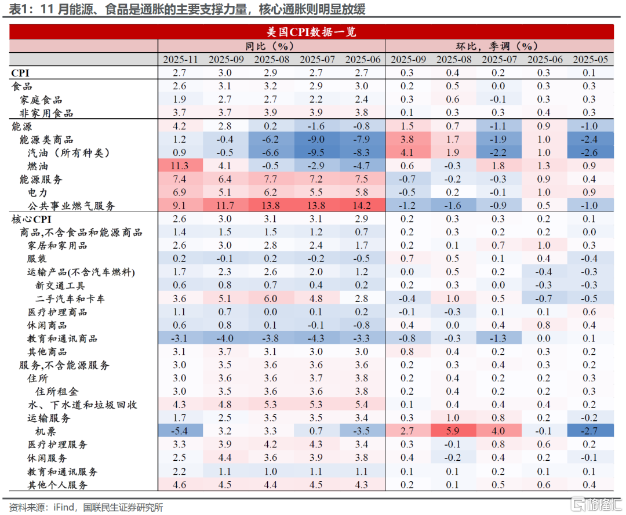Cold Wallet's Disruptive Cashback Model: A 3,400% ROI Opportunity in a Utility-Driven Crypto Market
- Cold Wallet (CWT) introduces a fee-refund ecosystem and 3,400% presale ROI, raising $6.4M through 754.52M tokens sold. - Ethereum's 15-45 TPS scalability and inflationary model lag behind Cold Wallet's 100,000+ TPS blockDAG competitors and zero-gas fee structure. - Speculative altcoins like Dogwifhat (WIF) and Bonk (BONK) rely on volatile community sentiment, lacking institutional audits or real-world utility. - Cold Wallet's 150-stage presale (Stage 17 at $0.00998) features 90% token locks and instituti
In 2025, the cryptocurrency market is witnessing a seismic shift from speculative hype to utility-driven innovation. While Ethereum (ETH) struggles with technical stagnation and speculative altcoins like Dogwifhat (WIF) and Bonk (BONK) rely on volatile community sentiment, Cold Wallet (CWT) is redefining value creation through a structured ROI model and a fee-refund ecosystem that transforms transaction costs into revenue streams. Cold Wallet has raised $6.4 million, sold 754.52 million tokens, and secured institutional audits from Hacken and CertiK. This article examines why Cold Wallet's utility-driven approach outpaces Ethereum's technical limitations and speculative altcoins' lack of real-world adoption.
Ethereum's Technical Stagnation: A Missed Opportunity
Ethereum, once the backbone of decentralized finance (DeFi), has shown signs of technical stagnation despite its institutional backing. As of August 2025, ETH's price hovers near $4,600, with analysts projecting a potential ROI if it reaches $7,500 by year-end. However, this growth pales in comparison to the momentum generated by Cold Wallet. Ethereum's scalability challenges persist, with transaction throughput capped at 15-45 TPS, far below the 100,000+ TPS achieved by blockDAG-based competitors like Kaspa (KAS).
Ethereum's ROI is further constrained by its inflationary tokenomics and reliance on market sentiment. While the transition to Ethereum 2.0 improved energy efficiency, it has not addressed the core issue of transaction costs, which remain a barrier to mass adoption. In contrast, Cold Wallet's fee-refund model eliminates gas fees entirely, offering 100% gas rebates, 50% swap rebates, and cashback in both USDT and CWT . This creates a flywheel effect: increased on-chain activity drives token demand, which in turn fuels further adoption.
Speculative Altcoins: Hype Over Substance
Speculative altcoins like Tapzi (TAPZI), Bonk (BONK), and Dogwifhat (WIF) have gained traction in 2025, but their value propositions remain unproven. Tapzi, for instance, focuses on Web3 gaming but lacks the structured model of Cold Wallet. Its TAPZI token is used for staking and prize pools, but the project’s returns are speculative, dependent on user growth and tournament participation. Similarly, Bonk’s meme coin status and recent 12% price surge are driven by community-driven hype rather than utility.
Dogwifhat (WIF), with its $1.20 price tag and potential breakout to $2.60, epitomizes the risks of speculative trading. Its value is entirely tied to social media sentiment, with no institutional audits or real-world use cases. In contrast, Cold Wallet's tokenomics are designed for long-term stability: allocations of its token supply are structured for presale, cashback rewards, and liquidity and ecosystem growth. Additionally, a significant portion of tokens are locked for three months post-token generation event (TGE), preventing dumping and ensuring price stability.
Cold Wallet's Explosive Growth Momentum
Cold Wallet's growth is structured across multiple stages, with the token price incrementally increasing at each stage. Currently, CWT is priced at $0.00998, with a projected listing price of $0.3517. Early participants benefit from notable advantages, while Stage 1 participants could achieve as high as a 50x return if the token reaches its listing price. The project's success is underscored by its $6.4 million funding milestone and the acquisition of Plus Wallet for $270 million, which added 2 million active users to the ecosystem.
The project's utility-driven model is its most compelling feature. Unlike Ethereum’s gas fee-based model, Cold Wallet rewards users for every transaction, swap, and on/off-ramp activity. This transforms traditional blockchain costs into revenue streams, creating a self-sustaining ecosystem. For example, an investment in the current stage could generate significant returns at listing, whereas investments in later stages would result in lower returns. This structured approach is further validated by institutional audits and a lock-up period for tokens, ensuring long-term stability.
Strategic Timing and Institutional Credibility
The timing of entry into Cold Wallet's ecosystem remains crucial. With each stage, the token price increases, reducing potential benefits for later participants. Institutional credibility further strengthens the project's appeal: audits by Hacken and CertiK, combined with a non-custodial security model, address critical pain points in the crypto space.
In contrast, speculative altcoins like MAGACOIN FINANCE lack the same level of institutional oversight, exposing investors to regulatory and liquidity risks. Cold Wallet's structured model, real-world utility, and proven adoption make it a safer bet for investors seeking asymmetric upside.
Conclusion: A Utility-Driven Future
As the crypto market matures, projects with tangible utility and structured models are outperforming speculative assets. Cold Wallet's opportunity, driven by a fee-refund ecosystem and institutional-grade security, positions it as a standout project in 2025. While Ethereum's technical stagnation and speculative altcoins’ volatility limit their appeal, Cold Wallet offers a clear, structured path to exponential returns. For investors, the key takeaway is simple: prioritize utility over hype, and act swiftly to participate in earlier stages to maximize outcomes.
In a market increasingly defined by real-world adoption, Cold Wallet's disruptive cashback model is not just a speculative play—it's a blueprint for the future of utility-driven crypto innovation.
Disclaimer: The content of this article solely reflects the author's opinion and does not represent the platform in any capacity. This article is not intended to serve as a reference for making investment decisions.
You may also like
Revolutionary SportsFi Platform GolfN Drives Global Expansion with Major Brand Partnerships
US CPI Surprises, Is There a Turning Point for the Doves?
